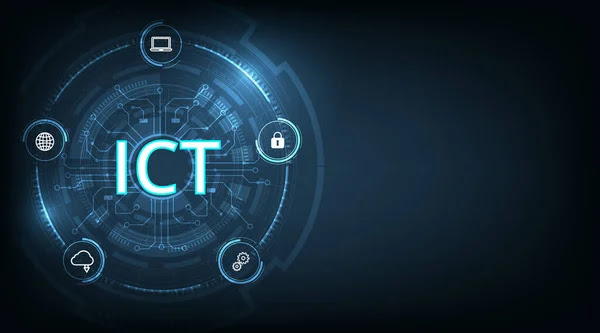
Introduction: In the face of global challenges such as climate change and resource depletion, the integration of technology into sustainable development practices has become imperative. This article will delve into the various ways in which technology is contributing to environmental sustainability across different sectors, from renewable energy solutions to eco-friendly innovations.
1. Renewable Energy Technologies: One of the most significant contributions of technology to sustainable development is the advancement of renewable energy solutions. Solar, wind, hydro, and geothermal energy technologies have evolved rapidly, becoming more efficient and cost-effective. Solar panels, for example, have seen substantial improvements in efficiency, making them more accessible for both residential and commercial use. Wind turbines are now designed with advanced aerodynamics, increasing energy capture while minimizing environmental impact. These innovations in renewable energy technologies play a crucial role in reducing reliance on fossil fuels and mitigating climate change.
2. Smart Grids for Efficient Energy Distribution: The implementation of smart grids is another area where technology is making a substantial impact on sustainability. Smart grids use advanced communication and control technologies to optimize the generation, distribution, and consumption of electricity. By incorporating real-time data and analytics, smart grids enhance energy efficiency, reduce transmission losses, and integrate renewable energy sources seamlessly into the existing power infrastructure. This not only lowers carbon emissions but also ensures a more reliable and resilient energy system.
3. IoT and Sustainable Agriculture: In the agricultural sector, the Internet of Things (IoT) is playing a transformative role in promoting sustainable practices. Smart sensors and devices can monitor soil conditions, crop health, and weather patterns in real-time. This data allows farmers to make informed decisions, optimizing irrigation, fertilizer use, and pest control. Precision agriculture, enabled by IoT, minimizes resource wastage, enhances crop yields, and reduces the environmental impact of farming practices.
4. Circular Economy and Technology: The concept of a circular economy, where products are designed to be reused, recycled, or repurposed, is gaining momentum. Technology plays a pivotal role in realizing the vision of a circular economy. Innovations in materials science, such as biodegradable and recyclable materials, are reducing the environmental footprint of products. Advanced recycling technologies, including AI-powered sorting systems, enable more efficient separation of materials for recycling, contributing to a more sustainable approach to waste management.
5. Sustainable Transportation Solutions: The transportation sector is a major contributor to carbon emissions. However, technology is driving the development of sustainable transportation solutions. Electric vehicles (EVs) are becoming increasingly popular, with advancements in battery technology extending their range and reducing charging times. Additionally, smart transportation systems, including ride-sharing platforms and intelligent traffic management, contribute to the reduction of congestion and emissions. As autonomous vehicles become more prevalent, they have the potential to further optimize transportation efficiency and reduce the environmental impact of travel.
6. Environmental Monitoring and Conservation: Technology is instrumental in monitoring and conserving the environment. Remote sensing technologies, such as satellite imagery and drones, provide valuable data for assessing deforestation, tracking wildlife populations, and monitoring changes in ecosystems. Machine learning algorithms analyze vast datasets, identifying patterns and anomalies that aid in conservation efforts. Technology also facilitates community engagement through mobile apps and online platforms, empowering individuals to contribute to environmental monitoring and protection initiatives.
7. Eco-Friendly Innovations in Construction: The construction industry is undergoing a transformation with the adoption of eco-friendly technologies. Sustainable building materials, such as recycled steel and bamboo, are gaining popularity. Advanced construction techniques, including 3D printing and modular construction, reduce waste and energy consumption. Smart building technologies optimize energy usage within structures, incorporating features like energy-efficient lighting, heating, and cooling systems. These innovations contribute to the development of green buildings that have a minimal environmental impact throughout their lifecycle.
Conclusion: In conclusion, the integration of technology into sustainable development practices is driving positive change across various sectors. From renewable energy solutions to smart agriculture, circular economy initiatives, and eco-friendly innovations, technology is proving to be a powerful ally in addressing environmental challenges. As we continue to advance in technological capabilities, it is crucial to harness these innovations responsibly, ensuring that they contribute to a more sustainable and resilient future for our planet. The ongoing collaboration between technology and sustainable development is a promising path towards a greener and more environmentally conscious world.

